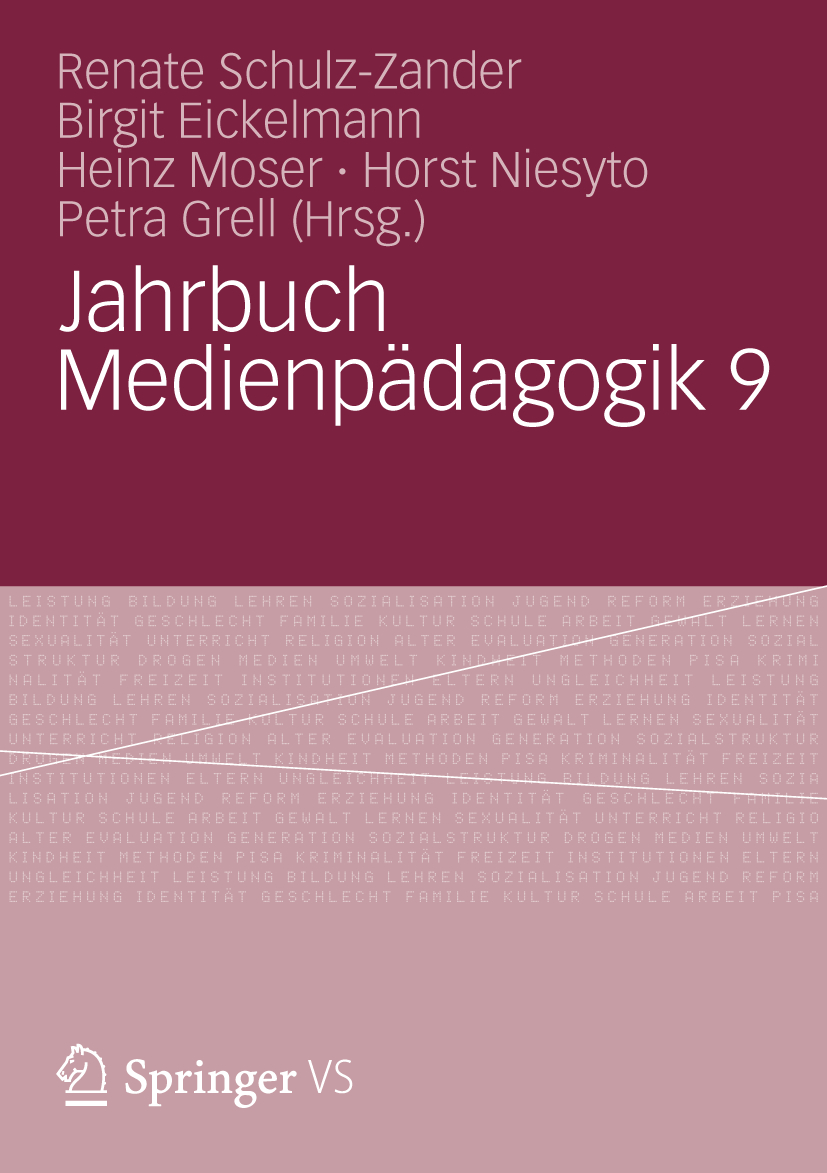Abstract
Interactive whiteboards (IWBs) have so far only been used sporadically in Germany in school teaching-learning settings. In contrast to the UK, where large-scale funding programmes worth tens of millions of euros were developed as early as 2002, in Germany the introduction of digital, interactive whiteboards in the classroom has so far only been possible through selective funding programmes or isolated school authority initiatives. In the meantime, the number of installed IWBs is also increasing in Germany and many schools, especially primary schools, are faced with the decision to install digital whiteboards in new classrooms and subject rooms. International experience and empirical research results from abroad can not only help with considerations on the introduction of Interactive Whiteboards, but also serve as a basis for planning suitable studies on the introduction of this technology in Germany. The article summarises and discusses international research results. This presentation is supplemented by results from observations in IWB-supported lessons in South Australia. On the basis of the partially disparate research results, it becomes apparent, as expected, that various variables are relevant for successful IWB use. Against this background, desiderata for the development and research of teaching scenarios with IWBs in German primary schools are described. Based on the research results, the main focus is on the description and promotion of teaching competences for the development of suitable best practice scenarios. For these teaching competencies, the necessity of linking technical, general didactic and subject didactic competencies is emphasised on the basis of international models for IWB use. Specific problems in the promotion of teaching competences in teacher training courses are outlined and procedures for overcoming these difficulties are proposed.
